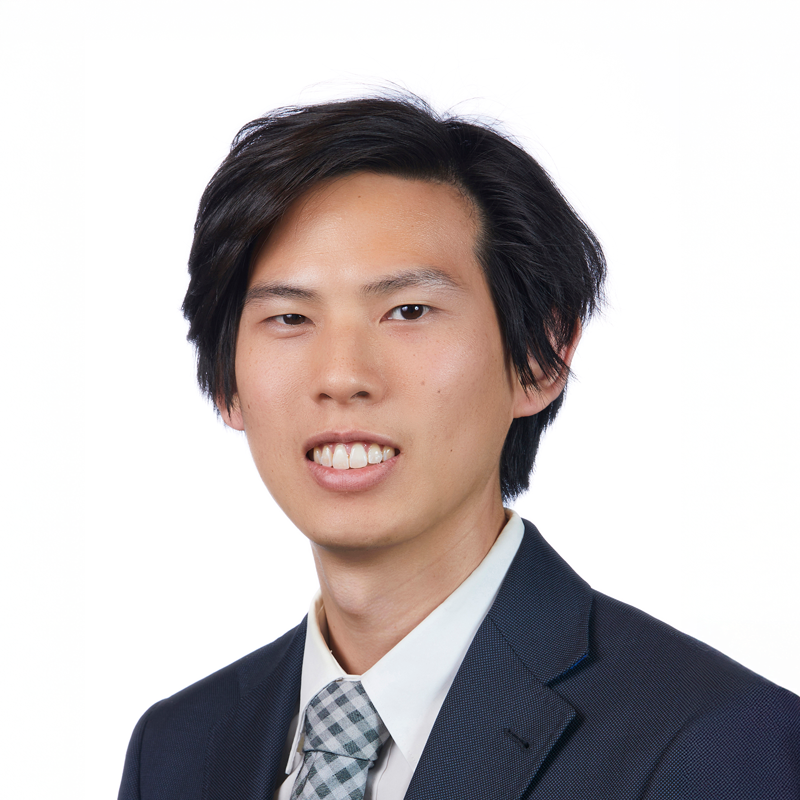- Our Doctors
- Dr Adrian Yeung

Dr Adrian Yeung
MBBS, FRACP, FRCPA, Haematologist
For patients/carers
For doctors
MBBS, FRACP, FRCPA, Haematologist
Locations
Clinical interests
- Myeloma
- Non-hodgkin's lymphoma
- Hodgkin's lymphoma
- Haematology
- Leukaemia
Languages
Fluent
- English
- Cantonese / 廣東話
Biography
Clinical interests in Thrombosis and Haemostasis.
Dr Adrian Yeung completed his specialty training in Western Sydney in clinical and laboratory Haematology. During his training he developed a keen interest in thrombosis, haemostasis, obstetric medicine and clinical trials as well as a passion for providing patients with access to state-of-the-art therapies.
These interests continue to be reflected in his current positions. In addition to his role at GenesisCare Dr Yeung works at Liverpool Hospital as a Clinical Trials Haematologist, overseeing clinical trials for leukaemias, lymphomas, myelomas, and classical Haematology as well as holding the position of Clinical Haematologist within the Specialist Menopause Service in South Western Sydney assessing thrombotic risks for patients with complex menopause.
More information
- Royal Australasian College of Physicians (RACP)
- Royal College of Pathologists of Australasia (RCPA)
- International Society on Thrombosis and Haemostasis (ISTH)
- Thrombosis & Haemostasis society of Australia and New Zealand (THANZ)
- Australasian Leukaemia and Lymphoma Group (ALLG)
- Co-author of Chapter 2: Lenalidomide and Chapter 3: Pomalidomide: Ling, S. C., & Trieu, S. (Eds.). (2021). Resistance to Targeted Therapies in Multiple Myeloma. Springer International Publishing. https://doi.org/10.1007/978-3-030-73440-4
- Ferreira, D., Ponraj, R., Yeung, A., & de Malmanche, J. (2018). Pure red cell aplasia associated with thymolipoma: complete anaemia resolution following thymectomy. Case Reports in Hematology, 2018(1), 8627145. DOI: 10.1155/2018/86271
Explore more
Disclaimer:
This website is provided for information purposes only. Nothing on this website is intended to be used as medical advice, or to diagnose, treat, cure or prevent any disease. It should not be used as a substitute for your own health professional's advice. Any medical procedure or treatment carries risks. Before proceeding with treatment, you should discuss the risks and benefits of the treatment with an appropriately qualified health practitioner. Individual treatment outcomes and experiences will vary.




